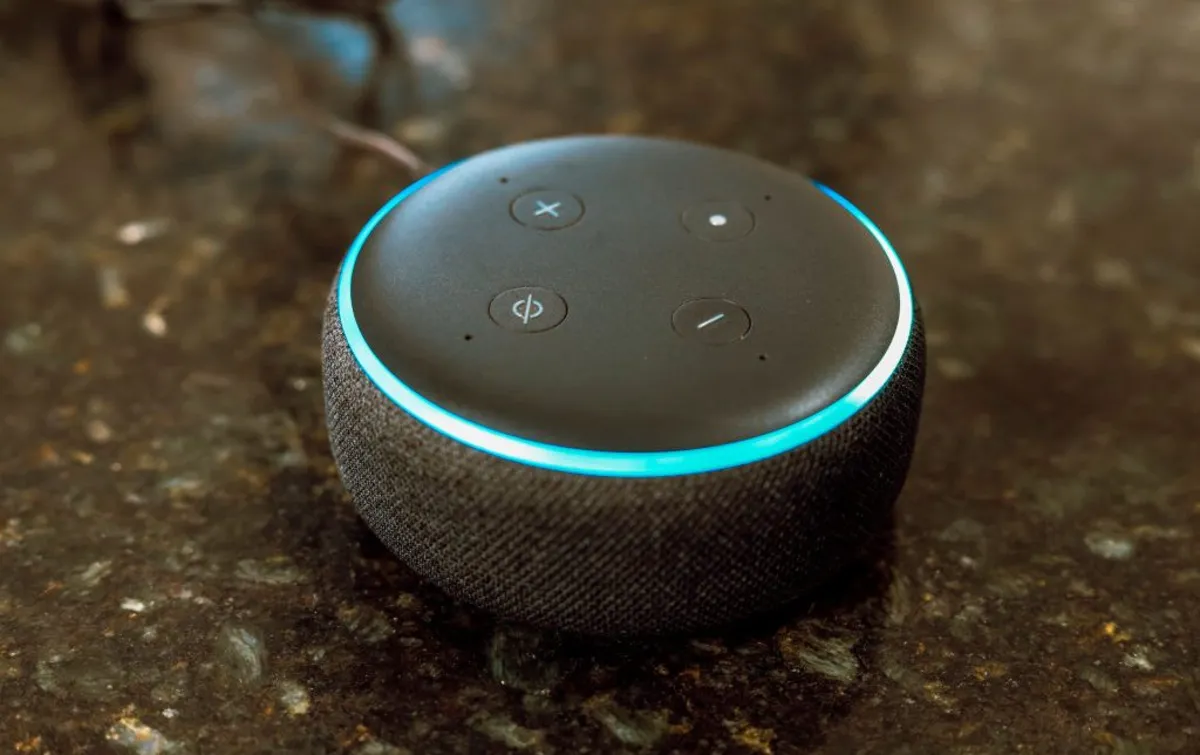
In light of Amazon's recent announcement regarding the rollout of a generative AI version of Alexa, significant concerns about user privacy have emerged. As the new Alexa+ features are set to be integrated into Amazon Echo devices in the upcoming weeks, users are becoming increasingly aware of the privacy concessions they may need to make to fully utilize this advanced AI voice assistant. Unfortunately, this may also mean compromising on the functionality of previously purchased devices.
In an email dispatched to customers today, Amazon disclosed a notable change in its policy regarding voice recordings. Users of Echo devices will no longer have the option to process Alexa requests locally, which allows them to avoid sending their voice recordings to Amazon's cloud. This update primarily affects those who previously enabled the “Do Not Send Voice Recordings” feature on their Echo devices. Starting from March 28, all spoken interactions with Alexa on Echo speakers and smart displays will be sent to Amazon for cloud processing.
Amazon attempted to rationalize this policy shift by stating, “As we continue to expand Alexa’s capabilities with generative AI features that rely on the processing power of Amazon’s secure cloud, we have decided to no longer support this feature.” This change seems to be driven by the introduction of Alexa Voice ID, a feature that enhances the system’s ability to recognize individual users by voice.
While the advancements in technology are exciting, they come at a cost—specifically the loss of a privacy-focused capability for all Echo users, even those who do not wish to subscribe to the new Alexa+ service. Many individuals remain wary about allowing Amazon to access their voice recordings. The thought of a tech conglomerate having the ability to listen in on personal conversations within the home is disconcerting for many.
Moreover, Amazon's history of mismanaging Alexa voice recordings raises further red flags. In a 2023 settlement, the company agreed to pay $25 million in civil penalties for the improper storage of children’s Alexa interactions. Adults, too, were not adequately informed about Amazon’s practices regarding retaining voice recordings until 2019—five years after the first Echo device was launched.
Adding to these concerns, reports surfaced in 2019 revealing that Amazon employees could listen to thousands of audio samples during their shifts to train the company’s speech recognition systems. This practice has led to increased skepticism regarding the privacy of personal voice data.
In an effort to address privacy concerns, Amazon stated that it will default to deleting users' voice recordings after processing. However, those who wish to retain the “Don’t save recordings” setting will find their devices' Voice ID feature non-functional. Voice ID enables Alexa to perform tasks such as sharing personalized calendar events, reminders, and music selections. As of March 28, users who opt out of saving their voice recordings will inevitably lose this feature.
Amazon reassured customers that “Alexa voice requests are always encrypted in transit to Amazon’s secure cloud,” which is designed with multiple layers of security to protect customer information. Users can still manage their privacy settings by accessing the Alexa Privacy dashboard or navigating to More > Alexa Privacy in the Alexa app.
This development forces Echo users to confront challenging decisions: either allow Amazon access to all recordings of their interactions with Alexa or forgo the use of their Echo devices entirely. Users must choose between permitting Amazon to store their voice recordings, which could be subjected to employee review, or losing out on features that are becoming increasingly integral to the evolution of Alexa.
Despite these privacy concerns, Amazon is betting heavily on the success of Alexa+. The company has publicly committed to maintaining a free version of Alexa, but the introduction of Alexa+ is perceived as Amazon's last effort to make Alexa financially viable. As such, the company appears to prioritize monetizing Alexa over addressing user privacy demands.